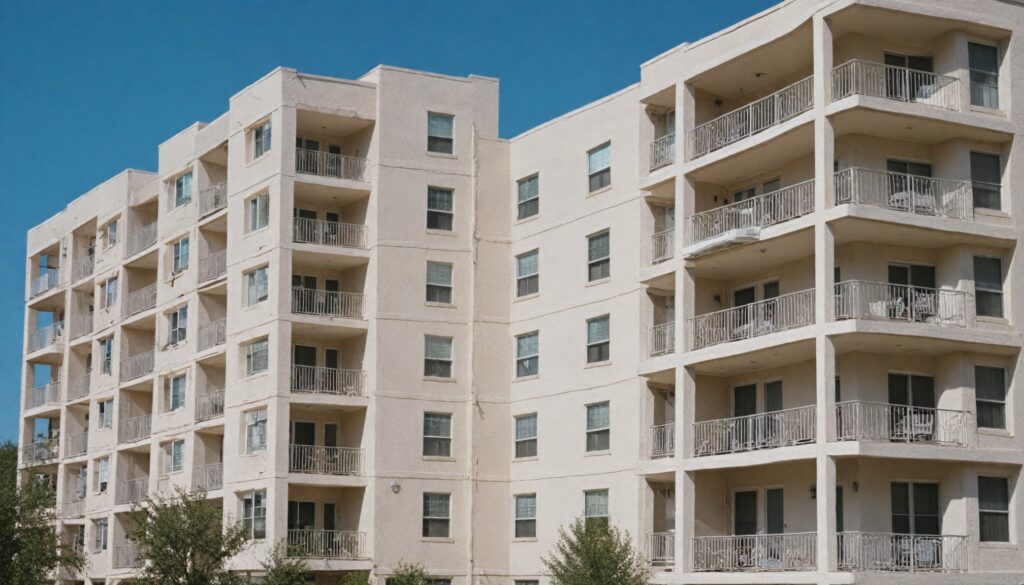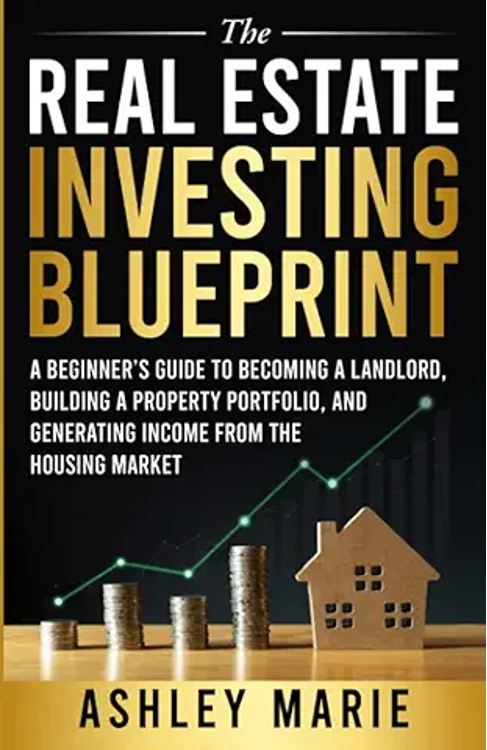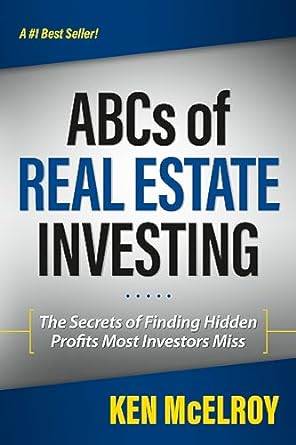“Home appreciation” refers to the gradual rise in value of a residential or investment property over time. Property owners may sell their assets for a profit or raise rent in response to increased value. Enhanced equity is an additional benefit that may accrue from a home’s rising value.
Divide your mortgage amount by the property’s worth to get your home equity. You may tap into the equity in your home—the value you possess in the property—through various loan programs and refinances. When you need money quickly, this equity might come in handy. Let’s dive into this topic without further ado to attain more information.
Calculating Home Appreciation Rate
Original House Purchase price – Current House Value = House Appreciation
Real estate appreciation may be easily calculated. Find the difference between the current value of your home and the amount you paid for it. You can find out how much your home is worth with the help of websites like Zillow and Redfin, even if you need to know the precise purchase price. After accumulating the difference, divide your original purchase price by the item’s current fair market value.
Take April 2019 as an example; according to statistics supplied by Redfin, the typical US home sold for $289,052 in a recent transaction. You paid a total of $289,052 to buy a house. In April 2022, the property would have an appreciation rate of 46.7% with a value set at $424,146, the national median selling price. The result is $424,146 minus $29,052, or 0.467 times the original amount, after dividing $135,094 by $289,052. For more precise calculations, an online percentage change calculator could be helpful. For a more in-depth millionaires approach, make sure to read “The Millionaire Real Estate Investor.”
Average Home Appreciation Rate
Not everyone experiences the irrational increase in home value that we did. Per CaseLogic’s calculations, the yearly appreciation rate for single-family detached houses nationwide was 20.3% in January 2022. For connected homes, it was much lower, at 15.2%.
In addition, the typical rate of property appreciation varies substantially across different regions. Colorado’s home appreciation rate was 19.7 per cent in 2020 and 11.9 per cent in Illinois in 2021. There are even more noticeable differences when we break down the data by county and city. Make sure to go through the principles of investing written in “Financial Freedom with Real Estate Investing.”
Benefits Of Real Estate Appreciation
Real estate investors prioritize appreciation because of its significant impact on their investment. Real estate appreciation may be a boon in several ways, such as:
Greater passive income
You may increase the rent you charge if the property is worth more. Investing in a location with strong rental demand might improve your monthly passive income.
Better Capital Gains
The more your home appreciates, the more money you’ll get when you sell it. While you hold the property, your money is invested effectively, and when you sell it, you’ll get more money. This is a vivid point narrated in “The Real Estate Investing Blueprint,” which is a must-read!
Greater liquidity
Home equity lines of credit (HELOCs) are more likely to be approved when the property’s value is greater. This is particularly true if the borrower intends to retain some of the property’s worthwhile selling off other sections. Lenders like to maintain some equity in the property as collateral in the event of a default; hence, a larger difference in value increases the amount that may be borrowed from them.
Key Factors Affecting Home Appreciation
Many people in real estate buy houses to profit by renting or selling them. The second group places a high value on a rise in property values. The most important factors influencing appreciation rates are as follows:
Value Of Land
The physical worth of the investment property may decrease over time due to wear and tear, but the value of the land drives appreciation. Affording the ever-increasing population in existing housing requires more space, and land is becoming more expensive due to its scarcity.
Location Is Important
Location is the most important factor for real estate agents when determining a home’s value, followed by the home’s condition and aesthetics. When discussing where a property is situated, we imply the neighbourhood, the city, and the state. Areas with robust economies, growing populations, well-developed transportation networks, and plenty of job possibilities often see a dramatic increase in property prices. One way to get a ballpark figure for your rental property’s worth is to look at comparable homes recently sold in the area.
Physical Structure
As the value of the land will increase at the same rate for smaller and larger houses on the same plot of land, smaller homes often provide a better investment return (more appreciation) than larger ones. The possibility of a smaller investment property slowly increasing its worth is outweighed by its cost-effectiveness.
Development Plans
Investors should consider the current infrastructure’s impact on a property’s value and the neighborhood’s plans for future construction projects. Commercial initiatives, like new schools, hospitals, or roads, will raise the anticipated value in the coming years.
Economic Conditions
Regional, national, and worldwide economic situations affect property prices. Home values rise with a town’s economy. Since more people want to buy homes in a strong economy with low unemployment, land and property prices will increase. Global economies are linked, so rising dollar values influence more than simply the housing market.10
Considering a property’s “investment” is important. Like any investment, this one demands long-term stability and careful monitoring amid economic uncertainty. Any respectable real estate investor advises not to ignore red signs. Accept competent advice and trust the process.
Interest Rates
Current interest rates and lending policies affect home prices and the market. Home prices fall as interest rates rise because fewer individuals can borrow money. Prices are increasing because lower rates allow more individuals to purchase houses. Tight lending rules make it tougher for prospective homeowners to secure loans, while looser standards make it easy. More competition means higher prices.
Adding Value To Your Real Estate
If you want to increase the likelihood that your home will increase in value, you can do so even if you can’t alter the trajectory of the national economy.
Always Stay Strategic
According to research, improvements or additions to the kitchen and bathrooms often provide the highest returns on investment (ROI) when increasing a home’s value and desirability. Putting money into fresh paint, counters, fixtures, and flooring may significantly impact. Handle expensive things with care. Roofing and siding replacements often provide better results but are more labour-intensive.
Expand Space
Simplifying things is the best. Improving your home’s square footage—through an extension, finishing the basement or attic, or a mix of these—can raise its value. Ensure you don’t overcharge at your local market while trying to sell something.
Get Modern And Sleek
Installing energy-efficient renovations like solar panels, better insulation, or new windows may increase your home’s value and decrease utility costs. Smart home technology, such as automatic lighting systems and smart thermostats, can enhance your quality of life when you are financially able to do so.
Improve Curb Appearance
Since curb appeal is a big selling element, investing in a home’s façade may be worth it. Landscape design, trim painting, external lighting, and door replacement are all potential inclusions in this category.








